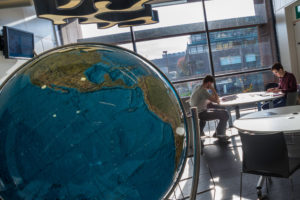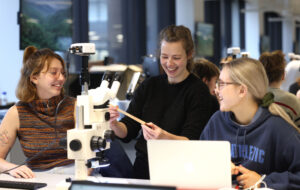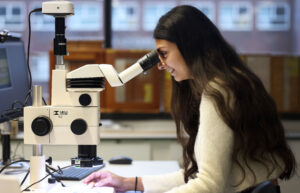About this course
Globalisation, geopolitics, population change, and sustainability are amongst the largest challenges confronting society in the 21st century. Our Geography BA (Hons) course helps you to understand these issues and the ways in which they shape the world.
Introduction
Geography offers unique insights into many of the most pressing issues facing the world in the 21st century, such as globalisation, geopolitics, climate change, sustainability, health, economics, population, hazards, pollution, and natural resource management.
Our Geography BA (Hons) course helps you develop expert knowledge and skills to interrogate the range of different approaches to, and perspectives on, these issues, as well as the ability to understand how they interact.
The University of Liverpool is home to one of the longest established Geography departments in the world, with courses on offer since 1886. Our expertise in human geography spans population and migration, health, geodemographics, GIS, environmental economics, social and cultural change, urban and rural geographies, as well as political and environmental activism.
Students on this course often choose human geography-oriented modules, and the core modules for this degree are focused on this area. However, you also have the option to also take physical geography modules. Maintaining a balance between the two areas of geography is an option many of our students pursue. You can also take up to two 15-credit modules per year from other subjects so you can maintain an interest in another discipline as part of your geography degree. We will guide you in your module choice to ensure that you choose modules that complement each other and follow a pathway that will help you to gain skills and knowledge relevant to your future career.
From your first week to your final year, field classes are an integral part of your learning. Destinations are subject to change but have included: a European city and closer to home, cities such as Glasgow, Belfast, Cardiff, Edinburgh, as well as the Lake District and mid-Wales. There is also the opportunity to undertake final year dissertation fieldwork abroad.
A number of the School’s degree programmes involve laboratory and field work. Fieldwork is carried out in various locations, ranging from inner city to coastal and mountainous environments. We consider applications from prospective disabled students on the same basis as all other students, and reasonable adjustments will be considered to address barriers to access.
Accreditation
The Geography BA (Hons) programme is accredited by the Royal Geographic Society with IBG.







